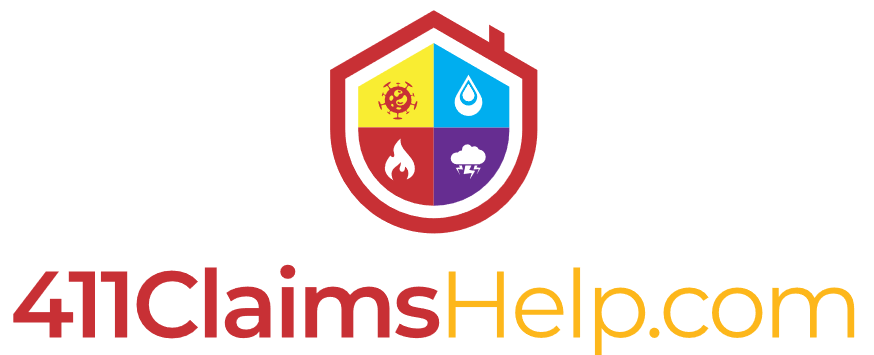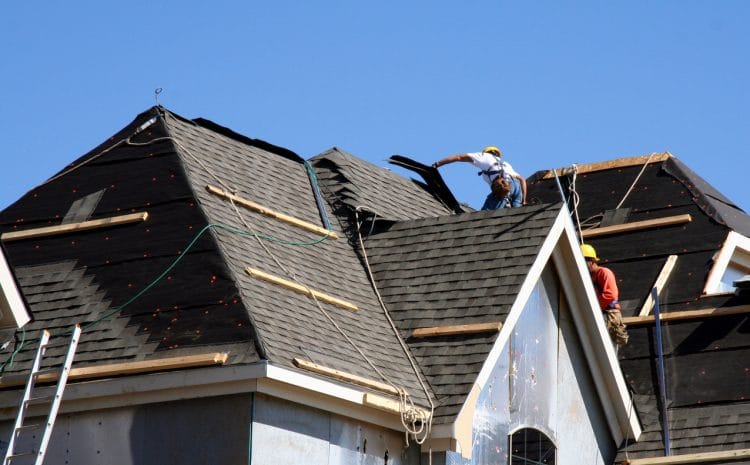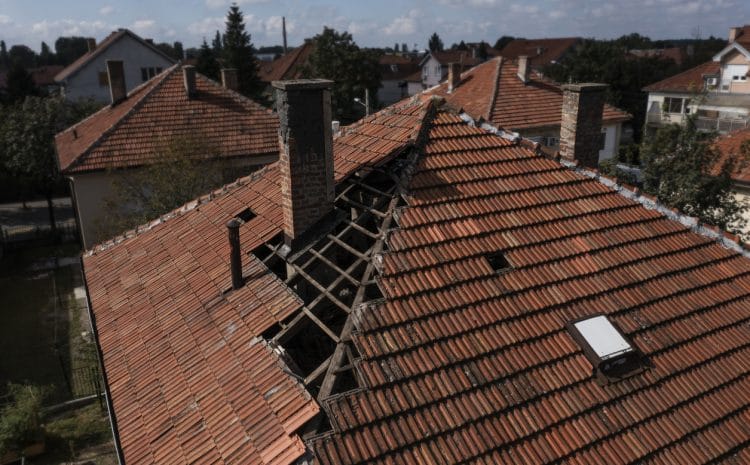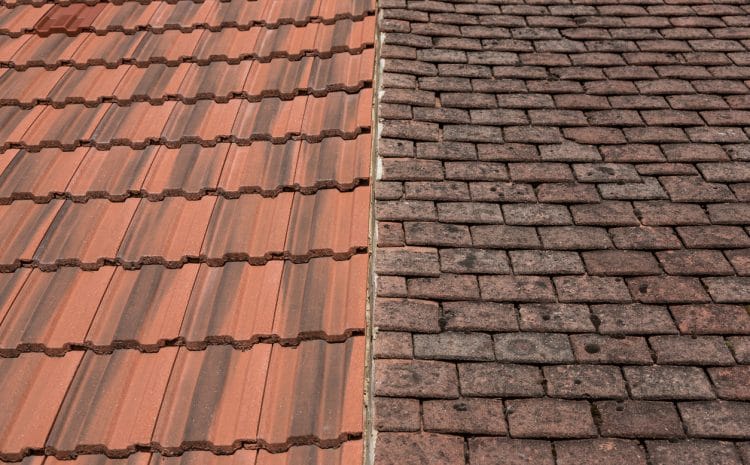What Public Liability and Property Damage Insurance Covers (and What It Doesn’t)
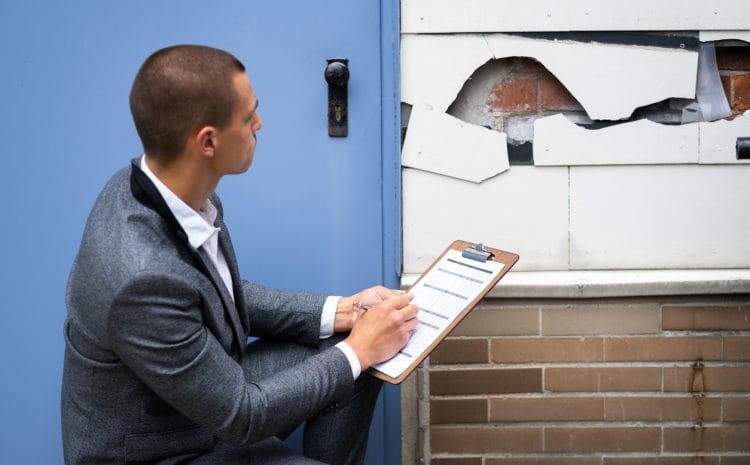
In today’s litigious environment, whether you’re a contractor, business owner, or property manager, one thing is clear: accidents happen—and when they do, they can cost you more than just money. That’s why public liability and property damage insurance is a cornerstone of any risk management strategy. But not all policies are the same. This guide breaks down what this insurance actually covers, what it doesn’t, and why it’s vital for businesses of all sizes. By the end, you’ll know exactly what to expect—and what to look out for—before you invest in protection.
What Is Public Liability and Property Damage Insurance?
Public liability and property damage insurance is a type of coverage that protects businesses from financial loss due to claims of bodily injury or damage to someone else’s property. These policies are often bundled together in general liability insurance or commercial liability packages, providing broad protection against common third-party risks.
Core Components:
- Public Liability Insurance: Covers injuries or harm caused to third parties due to your business operations (e.g., slips, trips, or falls on your premises).
- Property Damage Liability: Covers unintentional damage your business or employees cause to someone else’s property, such as a client’s building, vehicle, or equipment.
This type of coverage is essential for contractors, landlords, retailers, and service professionals who regularly interact with the public or work on-site at customer locations.
What Does Public Liability Insurance Cover?
Let’s start by examining what’s included under the “public liability” portion of your policy. This component is designed to protect against third-party bodily injury and associated legal claims.
Covered Scenarios:
- A customer trips over your extension cord on-site and sues for medical expenses.
- A client visiting your store gets injured due to a wet floor without signage.
- Someone claims emotional distress caused by an accident involving your business.
Key Inclusions:
- Legal Defense Costs
Covers attorney fees, court costs, and settlements—even if the lawsuit is baseless. - Medical Payments
Pays for medical expenses for third-party injuries, regardless of fault. - Personal Injury Liability
Covers claims involving defamation, false arrest, or invasion of privacy.
What Does Property Damage Insurance Cover?
The second half of the equation involves damage caused to other people’s property. This includes both physical property and other tangible assets.
Covered Scenarios:
- Your employee accidentally breaks a client’s window while working on-site.
- You’re a plumber, and your team floods a customer’s kitchen by mistake.
- A technician damages expensive electronics during an installation.
Key Inclusions:
- Third-Party Property Repair or Replacement
Pays for the cost of repairing or replacing damaged property not owned by you. - Damage Caused by Equipment
If your business equipment causes a fire or leak that affects another’s property, you’re covered. - Business Continuity Costs
Some policies may reimburse clients for lost income if your actions temporarily shut down their business.
Reference: U.S. Small Business Administration – Liability Insurance
What Public Liability and Property Damage Insurance Doesn’t Cover
While this coverage is extensive, it doesn’t cover everything. Knowing the limits helps you plan for additional coverage if needed.
Common Exclusions:
- Employee Injuries: Covered under workers’ compensation, not liability insurance.
- Intentional Acts: Damage or injury caused on purpose won’t be covered.
- Professional Errors: Mistakes made in the delivery of professional services are typically excluded (you’ll need Errors & Omissions insurance for that).
- Damage to Your Own Property: You’ll need separate property insurance to cover your building or tools.
- Contractual Liability: Damage or loss from obligations agreed upon in a contract may not be covered.
Resource: Insurance Information Institute – Business Insurance Basics
Who Needs This Coverage?
You might assume only large companies need liability insurance, but many small businesses face just as much exposure. You should strongly consider this policy if:
- You host clients at your business premises.
- You or your employees work at client sites.
- Your operations could affect other people’s property.
- You subcontract or partner with vendors or suppliers.
- You’re required to carry insurance as part of a licensing or contract requirement.
Industries that most often benefit include:
- Construction & Renovation
- Real Estate & Property Management
- Hospitality & Retail
- Transportation & Logistics
- Healthcare & Wellness Providers
Additional Protection Options
If you need broader protection, consider adding these to your insurance plan:
- Workers’ Compensation Insurance: Covers employee injuries and lost wages.
- Commercial Property Insurance: Protects your own business property and equipment.
- Professional Liability (E&O) Insurance: Covers errors in service delivery.
- Commercial Auto Insurance: Covers vehicles used for business operations.
Bundling policies can often reduce your overall premium and streamline claims processes.
FAQ: Public Liability and Property Damage Insurance
What is the difference between public liability and property damage insurance?
Answer: Public liability covers injury to third parties, while property damage insurance covers physical damage to someone else’s property caused by your business.
Is this insurance legally required?
Answer: It depends on your state and industry. While not always required by law, it is often required in contracts or licensing agreements.
How much does public liability and property damage insurance cost?
Answer: Premiums vary based on business type, size, location, and risk exposure. Small businesses may pay as little as $500/year, while high-risk industries can pay several thousand.
Are legal fees covered under this insurance?
Answer: Yes. Most policies include coverage for legal defense costs, including court fees and attorney expenses.
Can I get this insurance as a sole proprietor?
Answer: Absolutely. Sole proprietors are often most exposed and can benefit greatly from this protection.
Does it cover subcontractor mistakes?
Answer: Not always. You may need additional coverage or require subcontractors to carry their own liability policies.
Final Thoughts
Having public liability and property damage insurance is more than a formality—it’s a strategic way to protect your business from unforeseen expenses, lawsuits, and reputation damage. Whether you’re an independent contractor or manage a growing business, knowing what your policy covers (and what it doesn’t) is the first step toward operating with confidence and security.
Related article: How to Choose the Right Property Damage Insurance Claim Lawyer?
Ready to Understand Your Coverage Options?
If you’re facing property damage or have questions about liability coverage in Florida, expert help is just a click away. Visit 411 Claims Help to explore how claims are handled and how to protect your business or property investment today.
